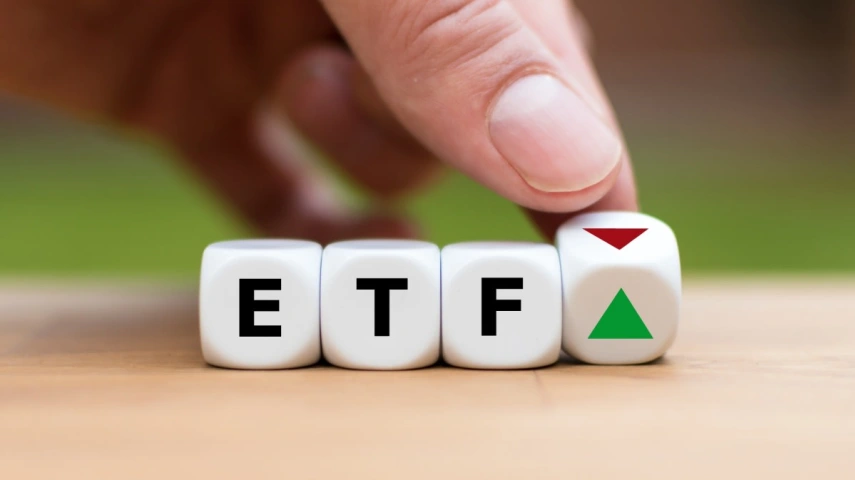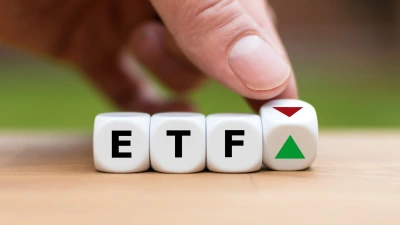Active players challenged by ETF dominance



The shift of assets from active managers to exchange-traded funds (ETFs) is likely to persist, according to Morningstar, and active firms are unlikely to be able to regain the lost market share.
In its latest analyst report of fund management by equity analyst Shaun Ler, the research firm said active managers are in danger of losing market share to ETF players. These ETFs are growing in popularity, thanks to diversification, lower fees, and easy accessibility.
According to Betashares, total assets under management in Australian ETFs stand at $198.3 billion as of 31 May 2024 and saw $2 billion in net flows during May.
Morningstar said: “Since mid-2022, a relatively larger allocation of funds to cash and fixed interest ETFs, at the expense of equity and multi-asset ETFs, has reflected investor aversion to growth assets amid rising interest rates.
“This shift to ETFs from active managers will likely persist. Net outflows since early 2022 are a blow to active managers and many underperformed passive funds amid the market downturn.”
The report covered Challenger, GQG Partners, Magellan, Perpetual, Pinnacle, Platinum and Insignia, and said the relative performance of their funds will be unlikely to compete with passive players.
ETF providers also have greater ability to lower their prices in response to market demand, a factor more difficult for active managers.
“We estimate the retail and wholesale share classes for this cohort of seven firms that have, on average, delivered rather average peer-relative returns. This is unlikely enough to regain the share lost to ETFs and industry funds.
“With large passive shops using scale to lower prices to attract assets, active managers will likely need to trim pricing to counter passive competition.
“Fee compression is likely to be most acute for mature boutiques Magellan and Platinum, given much higher fees than peers. Conversely, fees for Insignia’s asset management products are likely to compress more slowly as they are largely priced below active fund peers.”
Recommended for you
LGT Wealth Management is maintaining a neutral stance on US equities going into 2026 as it is worried whether the hype around AI euphoria will continue.
Tyndall Asset Management is to close down the Tyndall brand and launch a newly-branded affiliate following a “material change” to its client base.
First Sentier has launched its second active ETF, offering advisers an ETF version of its Ex-20 Australian Share strategy.
BlackRock has revealed that its iShares bitcoin ETF suite has now become the firm’s most profitable product line following the launch of its Australian bitcoin ETF last month.












